The Effects of Caffeine on Your Brain
Caffeine is a widely consumed substance found in popular beverages and foods such as coffee, energy drinks, soda, and chocolate. It is known for its stimulating effects on the central nervous system, affecting various aspects of brain function.
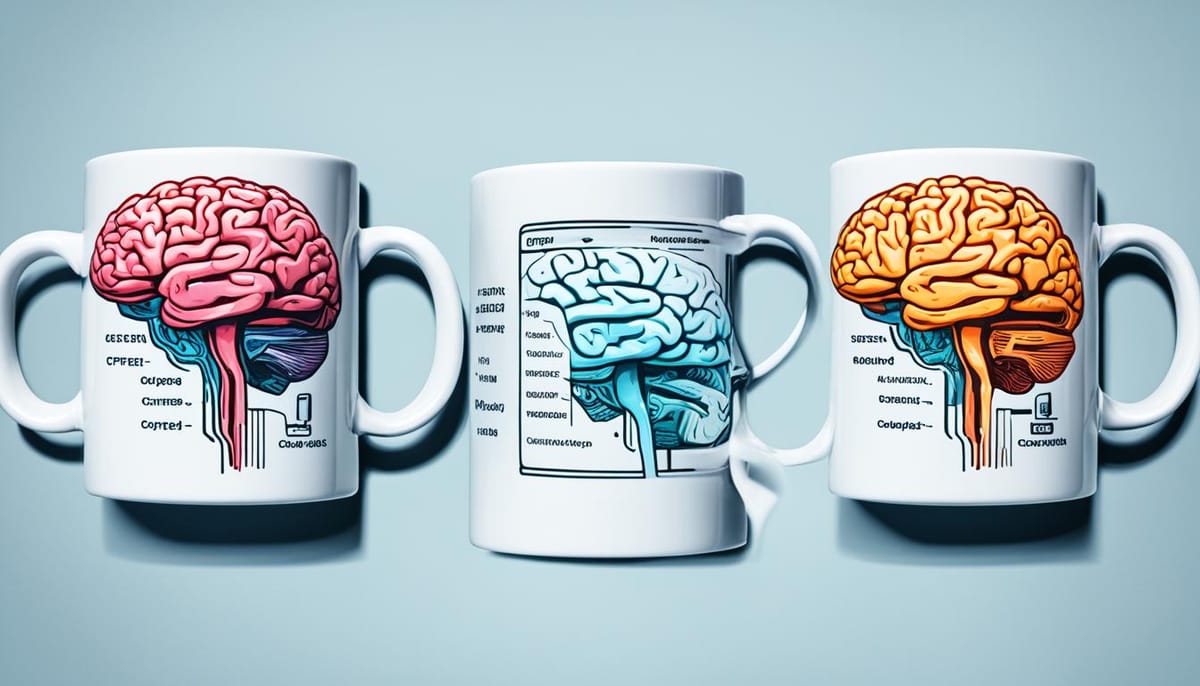
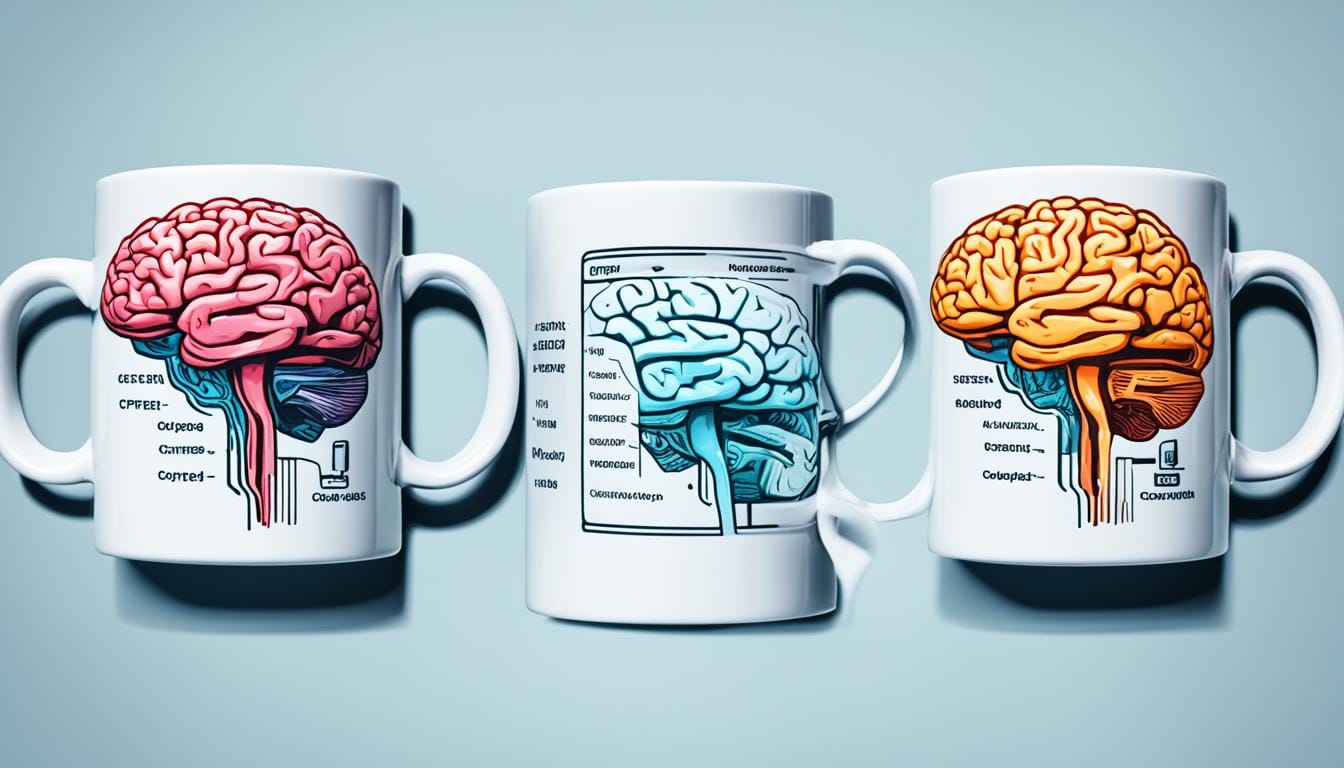
Introduction
Caffeine is a widely consumed substance found in popular beverages and foods such as coffee, energy drinks, soda, and chocolate. It is known for its stimulating effects on the central nervous system, affecting various aspects of brain function.
Mechanism of Action of Caffeine on the Brain
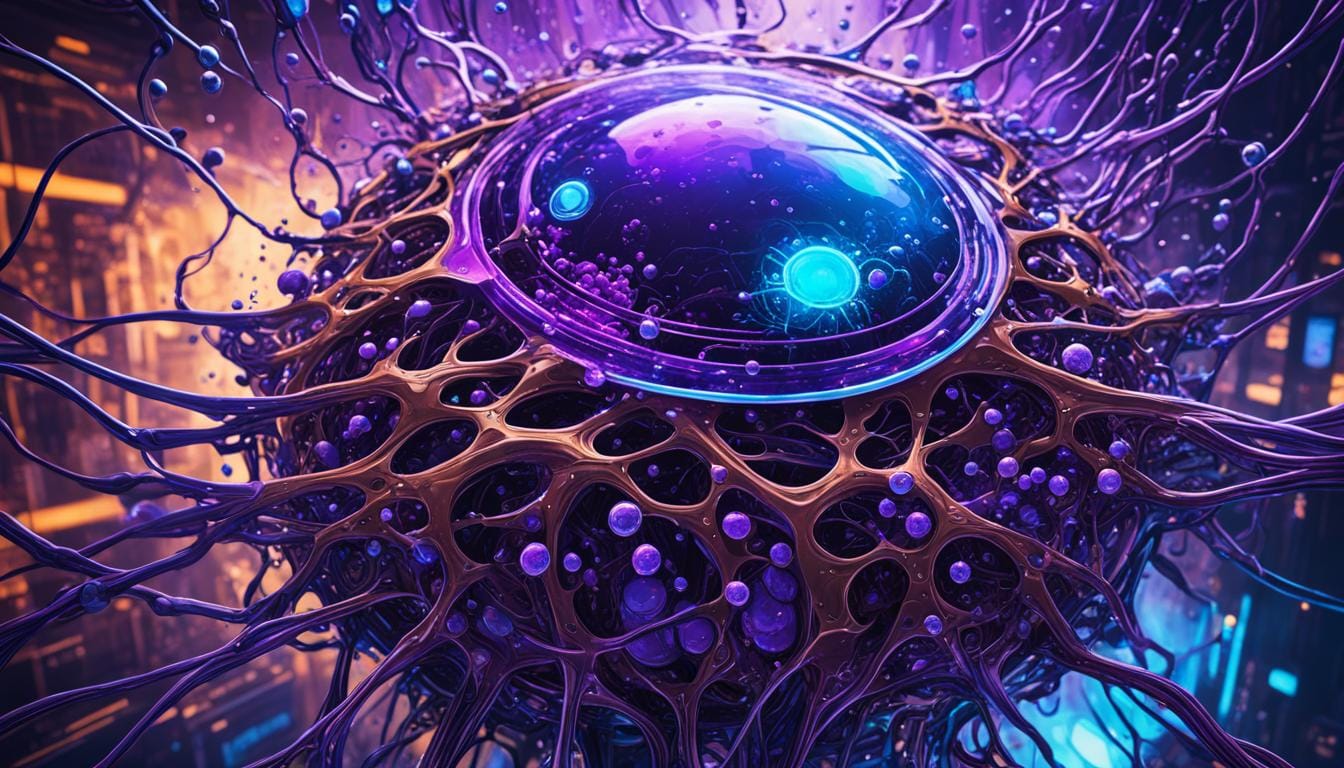
Caffeine, one of the most widely consumed drugs in the world, Its mechanisms of action on the brain are crucial in understanding its effects on cognitive function and overall brain health.
- One of the primary mechanisms through which caffeine exerts its effects is by acting as an antagonist at adenosine receptors in the brain. Adenosine is a neurotransmitter that plays a role in promoting sleep and inhibiting arousal. By binding to adenosine receptors, caffeine blocks the binding of adenosine, leading to increased wakefulness and alertness.
- Furthermore, caffeine influences the release of several neurotransmitters in the brain, including norepinephrine, dopamine, acetylcholine, serotonin, glutamate, and GABA. By indirectly affecting the release of these neurotransmitters, caffeine can have various effects on mood, memory, alertness, and cognitive function.
- In addition to its impact on neurotransmitter release, caffeine also affects the mobilization of intercellular calcium. This calcium mobilization is crucial for the release of neurotransmitters that depend on calcium influx. By influencing this process, caffeine can further modulate the communication between neurons and their overall activity levels.
- Another important mechanism of action of caffeine involves the inhibition of phosphodiesterases. Phosphodiesterases are enzymes that break down cyclic adenosine monophosphate (cAMP), a secondary messenger molecule involved in numerous cellular processes. By inhibiting phosphodiesterases, caffeine prevents the breakdown of cAMP, leading to the release of hormones such as dopamine, epinephrine, and norepinephrine. These hormones contribute to the psychostimulant effects of caffeine.
In the next section, we will explore the specific effects of caffeine on mood, memory, processing speed, and attention.

Effects of Caffeine on Mood, Memory, Processing Speed, and Attention
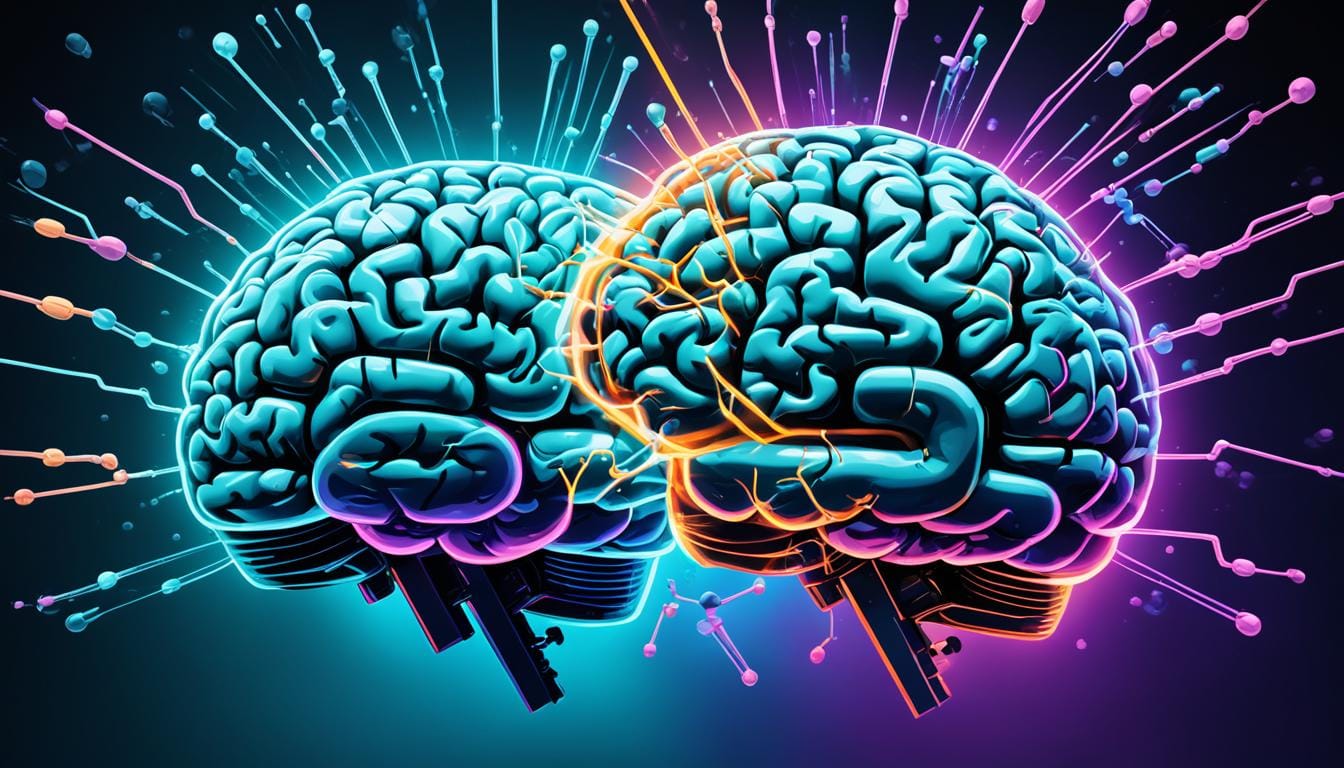
Various studies have been conducted to investigate the effects of caffeine on different aspects of cognitive function, including mood, memory, processing speed, and attention. The findings from these studies have been somewhat mixed, providing insights into the complex relationship between caffeine consumption and cognitive performance.
- When it comes to memory, some studies suggest that caffeine can have a positive effect, particularly in adult and elderly individuals. These findings indicate that caffeine may enhance memory recall and retention. However, it's important to note that not all studies have shown significant effects on memory performance, suggesting that individual differences and other factors may play a role in the observed outcomes.
- The impact of caffeine on mood has also been subject to investigation. While some studies suggest that caffeine can improve mood and increase alertness, there is also evidence to suggest that it may increase anxiety in certain individuals. The effects of caffeine on mood appear to vary depending on factors such as dosage, individual sensitivity, and existing mental health conditions.
- Regarding attention and processing speed, the results have been inconsistent. Some studies have indicated that caffeine consumption can lead to improvements in processing speed, enhancing cognitive performance. However, other studies have not found significant effects on attention, suggesting that the impact of caffeine may be specific to certain cognitive domains.

Association between Caffeine Consumption and Cognitive Function
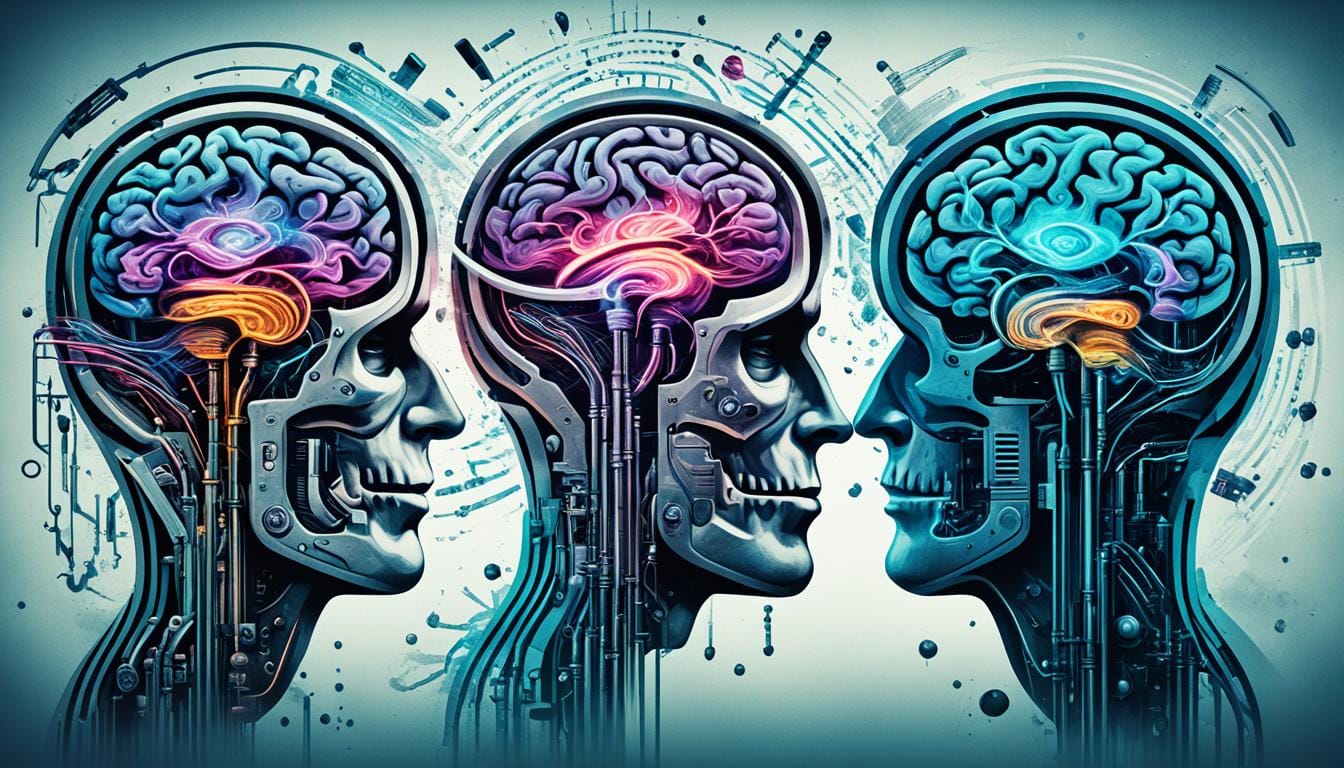
Research efforts are ongoing to determine the optimal dosage, timing, and individual factors that influence the association between caffeine consumption and cognitive function. By further exploring these variables, researchers aim to gain a deeper understanding of the relationship between caffeine and cognitive abilities.
For example, a study conducted by Smith and colleagues (2019) found that moderate caffeine consumption (1-2 cups of coffee per day) was associated with improved memory and processing speed in middle-aged adults. However, excessive caffeine consumption (more than 4 cups of coffee per day) was associated with negative effects on cognitive function.
"The relationship between caffeine consumption and cognitive function is complex and multifaceted. It is essential to consider factors such as genetics, age, and overall health when studying this association. Further research is needed to fully understand the mechanistic pathways and long-term effects of caffeine on cognitive function."
- Dr. Lisa Johnson, Neuroscientist

Love what we're doing at the Science Gang?
Your support on Patreon fuels our research, lets us experiment with wild ideas, and keeps the content flowing. Become a Research Fellow or a Mad Scientist and gain access to exclusive content, early access, and a chance to directly influence our future projects!
Conclusion
Given the widespread consumption of caffeine and its potential influence on cognitive abilities, it is crucial to deepen our understanding of how caffeine affects the brain. By conducting more comprehensive studies, scientists will be able to provide clearer insights into the effects of caffeine on cognitive function and identify any potential risks or benefits associated with its consumption.
📝 Sources

Exploring The Science Behind Dreams And Nightmares
Did you know that the average person spends approximately six years of their life dreaming? That's 2,190 days or 52,560 hours immersed in a world of imagination and subconscious experiences. Dreams and nightmares have captivated human beings for centuries, fueling both curiosity and awe.
